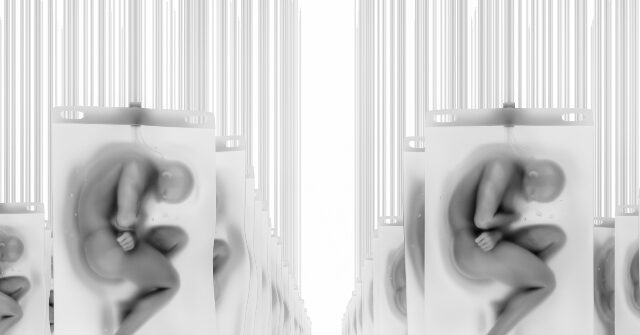Recent breakthroughs in stem cell research and artificial uterus technology have brought the possibility of creating human “bodyoids” closer to reality, potentially providing organs for transplants and revolutionizing medical research — but bringing a host of ethical issues with them.
In an opinion piece published in MIT Technology Review, researchers Carsten T. Charlesworth, Henry T. Greely, and Hiromitsu Nakauchi explore the potential of using ethically sourced “spare” human bodies, or “bodyoids,” to revolutionize medical research, drug development, and organ transplantation. The authors argue that recent advances in biotechnology have made it plausible to produce living human bodies without the neural components that allow for thought, awareness, or the ability to feel pain.
The authors claim that the creation of these bodyoids could address several critical issues in modern medicine, such as the severe shortage of ethically sourced human biological materials. This shortage is a major contributing factor to the organ transplant crisis, with over 100,000 patients in the United States alone waiting for a solid organ transplant. It also forces researchers to rely heavily on animal testing, which often fails to accurately replicate human physiology and requires inflicting harm on sentient creatures.
The authors outline recent technological progress that has made the concept of bodyoids more feasible. Pluripotent stem cells, one of the earliest cell types to form during development, can give rise to every type of cell in the adult body. Researchers have used these stem cells to create structures that mimic the early development of human embryos. Simultaneously, artificial uterus technology is rapidly advancing, potentially allowing for the development of fetuses outside of the body. These technologies, combined with established genetic techniques to inhibit brain development, could enable the creation of bodyoids.
Scientists claim bodyoids could offer numerous benefits to biomedical research and medicine. They could provide an almost unlimited source of organs, tissues, and cells for transplantation, potentially eliminating the need for lifelong immunosuppression by generating organs directly from a patient’s own cells. Bodyoids developed from a patient’s cells could also enable personalized drug screening, allowing physicians to assess the effect of different interventions in a biological model that accurately reflects a patient’s unique genetics and physiology.
However, the authors acknowledge that there are still many technical roadblocks to achieving this vision, and it remains uncertain whether bodyoids can survive without ever having developed the parts of the brain associated with consciousness. Each of these questions will require substantial research and time to address.
The ethical and societal implications of creating bodyoids are also significant. While bodyoids could offer an ethical alternative to the current use of animals for research and food production, the concept of human bodyoids raises more complex issues. The authors emphasize the importance of obtaining consent from the individuals whose cells are used to create living spart parts and the need to carefully consider whether these “clones” might diminish the human status of real people who lack consciousness or sentience.
The authors conclude by calling for governments, companies, and private foundations to start exploring the feasibility of bodyoids as a possible path for investment, beginning with research on rodents or other animals. They stress that the ethical and social issues surrounding the topic are at least as important as the scientific ones and that determining whether to pursue this technology will require considerable thought, discussion, and debate involving scientists, ethicists, and society as a whole.
Read more at MIT Technology Review here.
Lucas Nolan is a reporter for Breitbart News covering issues of free speech and online censorship.
Read the full article here


